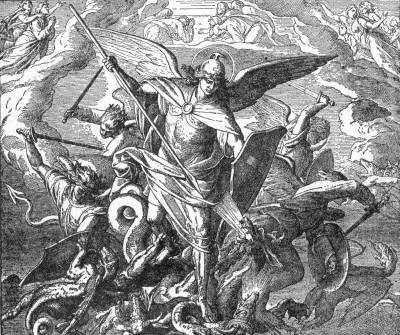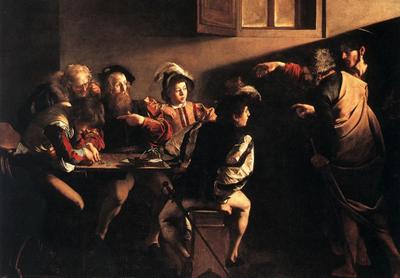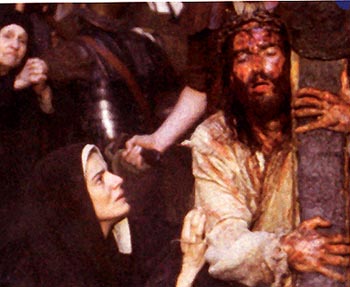The Congregation for the Doctrine of the Faith’s release of its
Responses regarding artificial means of supplying food or water comes on a very interesting day.
To begin with, today’s first
reading (
Numbers 21:4b-9) features the people of Israel complaining about being in a place “
where there is no food or water.”
The absence of food and water is a very difficult situation and can be deadly.
It is also a very difficult situation when a person’s functionality is so reduced that that person can no longer feed him or her self, yet feeding the person artificially will do nothing but prolong the surreal existence of a vegetative state.
The Holy See today has made it clear that “a patient in a ‘permanent vegetative state’ is a person with fundamental human dignity and must, therefore, receive ordinary and proportionate care which includes, in principle, the administration of water and food even by artificial means.”
This teaching may disturb those who are contemplating advance instructions for their own care in the event of a permanent vegetative state. It may also disturb those whose loved ones are currently in such a state. It may greatly disturb those who have already terminated the artificial nutrition and hydration of a loved one (who died as a result). Why prolong a life with such non-existent quality?
First of all, human dignity does not depend on any functional quality. The value of human life comes from God.
Secondly, our obligation to care for each other does not depend on what the other can or cannot do. Indeed, the more helpless the person, the greater our obligation to help.
These noble-sounding truths, of course, can sometimes seem to shrink in importance, emotionally speaking, when one is confronted with the grisly reality of maintaining a loved one in a permanent vegetative state.
Those who are confronted by this grisly reality and who believe in Christ, however, have a very special and powerful gift: a gift that is highlighted by the timing of today’s announcement – on the Feast of the Exaltation of the Holy Cross.
Many of us watched the brutally graphic portrayal of our Lord’s crucifixion in the film The Passion of the Christ. It was gut-wrenching to watch.
But as brutal as it was, it was mercifully abbreviated, depicting only a few minutes of the three hours that our Lord hung dying on the cross.
Imagine his loved ones standing there, especially his mother: helpless, watching that horrifically grisly reality for three hours - minute after minute after minute.
Our faith assures us that that our Lord’s long, painful death had a power beyond anything that has ever happened in the universe, for it was the supreme act of God’s love.
We hear a bit of this in today’s second reading (Philippians 2:6-11):
He emptied himself,
taking the form of a slave,
coming in human likeness;
and found human in appearance,
he humbled himself,
becoming obedient to death,
even death on a cross.
Because of this, God greatly exalted him...
This mystery offers those who believe tremendous power for their own lives, most especially when confronted by suffering that may be long and intense, for it is an opportunity to be specially united with Christ and the infinite power of God’s love.
That is not to say that suffering is good. No, suffering must be avoided whenever morally possible, but there are some evils worse than suffering and if the suffering is morally unavoidable, faith in Christ provides a very precious opportunity for very special grace.
Ultimately, human words – no matter how true and devout - may still provide little comfort to those who are confronted by these issues.
Ultimately, comfort for those facing such extremes can only be found by turning to Christ: seeking the crucified One in prayer and being opened to the power of his will, his, love, and his resurrection.
 A Penitent Blogger
A Penitent Blogger












 (Picture from the Web site of the Franciscan Friars of the Renewal
(Picture from the Web site of the Franciscan Friars of the Renewal